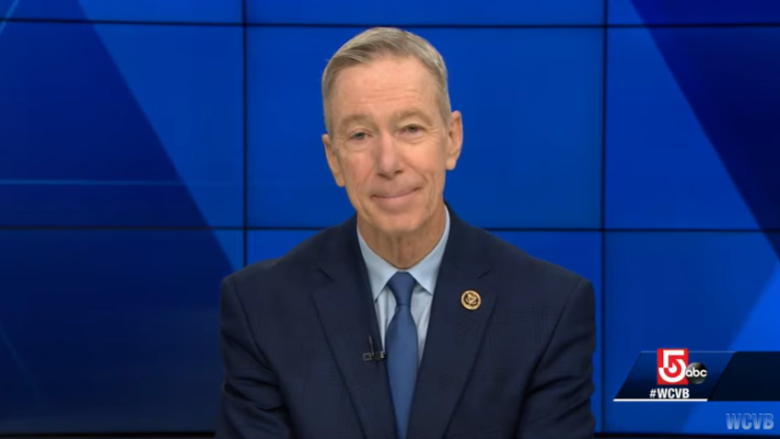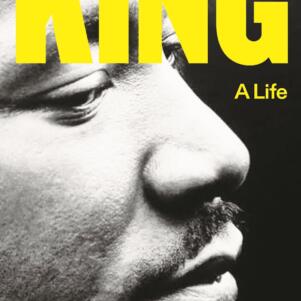Stephen Lynch Says He’d Still Vote To Ban Sex-Selective Abortion
By Tom Joyce | August 31, 2021, 20:37 EDT

U.S. Representative Stephen Lynch (D-South Boston) entered Congress 20 years ago as a pro-lifer.
The last vote to restrict abortion he took came in 2012. He supported a ban on sex-selective abortion.
While Lynch has reversed many of his anti-abortion positions, including supporting a federal budget that would repeal the Hyde Amendment earlier this year, Lynch told NewBostonPost that if the sex-selective abortion issue came up again, he’d take the same vote.
“Oh yeah,” Lynch said, during an event in Scituate late Tuesday morning. “Selective abortion. That’s not right. I understand when someone’s jammed up and in dire situations, but that’s a whole different. You know, we criticize China for that, so I think it wouldn’t be consistent if we weren’t opposed to that practice.”
Sex-selective abortions are more common in other parts of the world than they are in the United States. In the United States they tend to occur among certain first-generation immigrant groups where there is cultural pressure on women to have a boy, as The New York Times pointed out in 2012.
Politicians in other first-world countries like Canada and the United Kingdom — which don’t have any major pro-life parties — have spoken out against the practice occurring in immigrant communities in their countries, as well. However, sex-selective abortion is most prevalent in places like China, India, and South Korea, among others.
China is the most prominent example of it. As of 2019, there had been about 23.1 million sex-selective abortions in China over the previous half-century and 20.7 million sex-selective abortions in India out of 45 million worldwide, as the scientific journal Nature reported.
Lynch, when asked Tuesday what he thinks the United States should do to mitigate sex-selective abortion worldwide, said the country should lead by example by ending the practice here. He also said that the United Nations, which condemns the practice, should be a leader in the effort.
“I think you have to respect the sovereignty of other nations and that is a matter for individual countries,” Lynch said. “I think we have to use institutions like the UN to adopt global standards that we encourage other people to adhere to, but we’ve got enough on our plate around the world right now with existential threats that I think we have to try diplomacy as much as possible and to be an example ourselves.”
When Lynch voted to ban sex-selective abortion in 2012, the bill failed, 246-168. He was one of 20 Democrats and the only member of the Massachusetts Congressional delegation to vote for the Prenatal Nondiscrimination Act (PRENDA) of 2012 (H. R. 3541). Although a majority voted for the bill, it needed a two-thirds vote to pass because House Republicans called for a suspension of House rules — a procedure typically used to fast-track bills viewed as uncontroversial.
A 2012 Charlotte Lozier Institute poll found that 77 percent of Americans support banning sex-selective abortion.
Sex-selective abortion is legal in 39 states, according to the Guttmacher Institute; only 11 have banned it.
Banning sex-selective abortion was one of many pro-life votes that Lynch has taken in Congress. Notably, in 2003, he voted in favor of banning partial-birth abortion, and in 2009, he supported the Stupak Amendment to the Affordable Care Act. Except for cases of rape, incest, and to protect the life of the mother, the proposed amendment would have prohibited “any coverage of abortion in the public option and prohibits anyone receiving a federal subsidy from purchasing a health insurance plan that includes abortion,” according to the National Family Planning & Reproductive Health Association.
When he first ran for Congress in 2001, Lynch told The Boston Globe that he was pro-life and that it was an important issue to him.
“Unlike some people, I’m not sure precisely when life begins, or whether a fetus is a legal person,” Lynch said at the time. “But I believe strongly that this is at least the potential of human life and that it is the most special and precious gift and must be protected.”
However, Lynch started opposing restrictions on abortion in 2013. That’s the year he ran for U.S. Senate.
That year, he said that he supported Roe v. Wade during a Democratic primary debate at the University of Massachusetts Lowell with Ed Markey, who went on to win the election and is currently a U.S. senator.
“Overturning Roe v. Wade doesn’t end abortion,” Lynch said. “What it will do, however, is change the options for women from a clinical setting to one that is much more dangerous for women in crisis.”
Additionally, Lynch expressed opposition to abortion restrictions passed in states like Alabama, Georgia, Missouri, and Ohio in an opinion piece for The Boston Globe in 2019. In it, he said: “Simply opposing abortion does not make you pro-life.”
New to NewBostonPost? Conservative media is hard to find in Massachusetts. But you’ve found it. Now dip your toe in the water for two bucks — $2 for two months. And join the real revolution.











